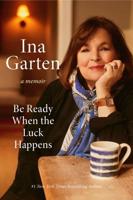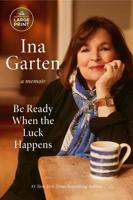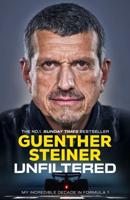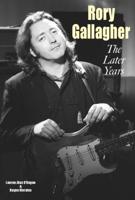Publisher's Synopsis
Kennedys expatriate life in Denmark assures him of fresh, lucid vision on his return trips to the states, especially during his New York sojourns. He can be wry, confused, indignant, comic]but what declares itself most is his openness to the odd, the out-of-the-way, the down-and-out, the tawdry, the fading, the provincial in the midst of the glitz, recalling for us the photos of Weegee (or, in another slice of America, Walker Evans) and the prose of Studs Terkel. This book is a small swig of 100-proof empathy. ALBERT GOLDBARTH In these sculptured essays, Kennedy will win your heart and beguile your mind as he proves once again that everyone has an interesting story to tell. Kennedy's synesthesia allows him to listen with his eyes and give us an artists brilliantly-tuned nuance for the harmonious sound of words. Call Riding the Dog a literary guide to the kindness, the paranoia, the civility and incivility of New York City and environs south and southeast. Meet those whose experiences and attitudes are tattooed literally and figuratively on their bodies denoting the difficult, down-to-earth, humanistic (sometimes barely human, occasionally spiritual) lives they've lived. DUFF BRENNA As with Orwell, Dickens, Gellhorn, and many others, Thomas E. Kennedy has pushed the essay form to its brightest moments, in which fact can have its poetry, its narrative, its characters, its emotion, and its intellectual integrity].This is Kennedys gift: language not as an instrument of explanation but as reality itself].We read these essays expecting to learn less about how we might think than how we might live.









